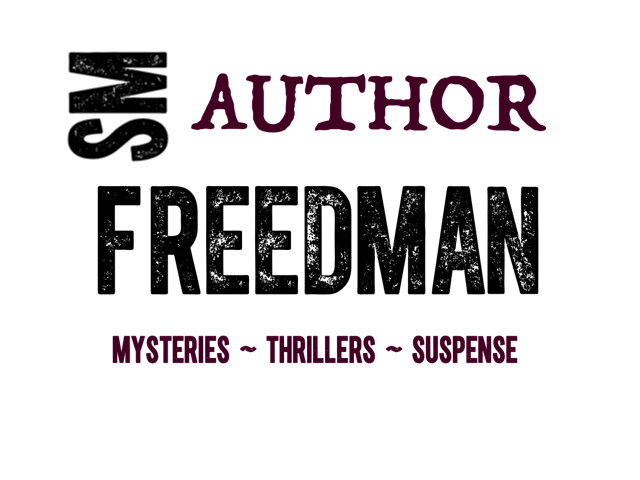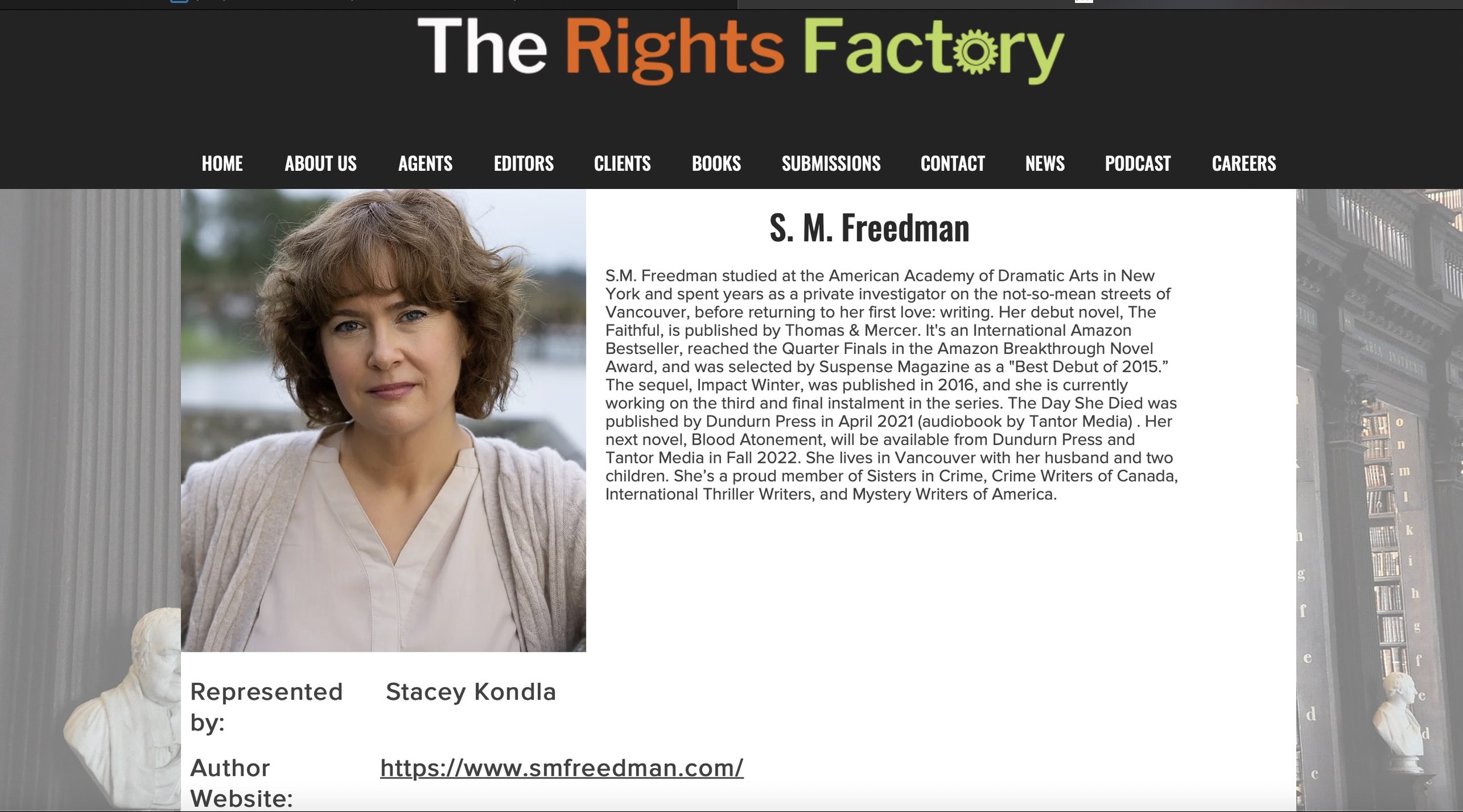Friends and family who aren’t in “the biz” might think getting a literary agent is kind of like hiring someone to sell your home: Find someone you trust to do a good job and hire them. Simple.
It’s … not like that. At all.
Here are the basic steps for any author trying to get a literary agent:
Research. Sift through hundreds of agents/agencies to find those who represent what you write. Make sure they’re legit, honest, have a proven track record, etc. Create a master list. Make a strategy for which groups of agents you’ll query in your first round, second round, third, etc. Now maybe have a drink. Or some chocolate.
Write a query letter. This has to be attention grabbing, follow a specific format, explain you and your work in just a few paragraphs, and for heaven’s sake be free of spelling and grammatical errors. (Oh! And you must have at least one completed manuscript ready to go. I guess that’s actually step one. First, write a damn book.)
Following each agent’s specific querying guidelines, send out your query letter and sample pages to your first group of agents. Have some more chocolate, because now you’re going to wait and stare into the void for awhile. Like, a long while.
Eat chocolate and stare into the void. This will take months.
Get rejections from some. Radio silence from others. Maybe if you’re lucky you get a request to send the full manuscript, which they will read within the next few months or so. (It’s important to note that agents are the superheros of the publishing industry, they are the author’s best advocate and the only way to get in the door of most publishing houses, and they are REALLY BUSY. Their first priority is always their clients, so as a querying author you need so … much … patience. Oh, and btw, agents get hundreds of queries a month. HUNDREDS. Seriously.)
Query more agents. And then more. As rejections come in you might change your query letter, revisit/re-edit the manuscript to fix problems. Get rejections on full manuscripts. Eat chocolate. Maybe add in some potato chips for variety and nutrition, because potatoes are obviously a vegetable.
If you’re lucky … and I mean really REALLY lucky, an agent will like your work and offer representation. At that point you’ll reach out to the other agents who have your query/manuscript to let them know you’ve had an offer. There will be a flurry of activity as you hear from them and have conversations with the offering agent. You may get other offers, and you’ll have conversations with those agents, too (the first time I did this I got three offers of representation. This time I got two and closed down shop because I was certain I’d found my dream agent).
So, I’m thrilled to announce that I’ve signed with Stacey Kondla of The Rights Factory! I look forward to a long and successful partnership. <3
SIGNING THE CONTRACT!
(Oh. One last thing. Let’s call this Step 8. At some point you might find yourself starting over, like I did. This is a really hard place to be, but it happens and it’s usually no one’s fault. In my case, I adore and have enormous respect for my first agent. She sold The Day She Died and Blood Atonement. She is an amazing advocate for my work and I was lucky to be with her. But if you do ever find yourself looking for a new agent, know that you’re going into it with more knowledge and skill than you did the first time, and believe that it will be okay, and that your work will find the right home. <3)

